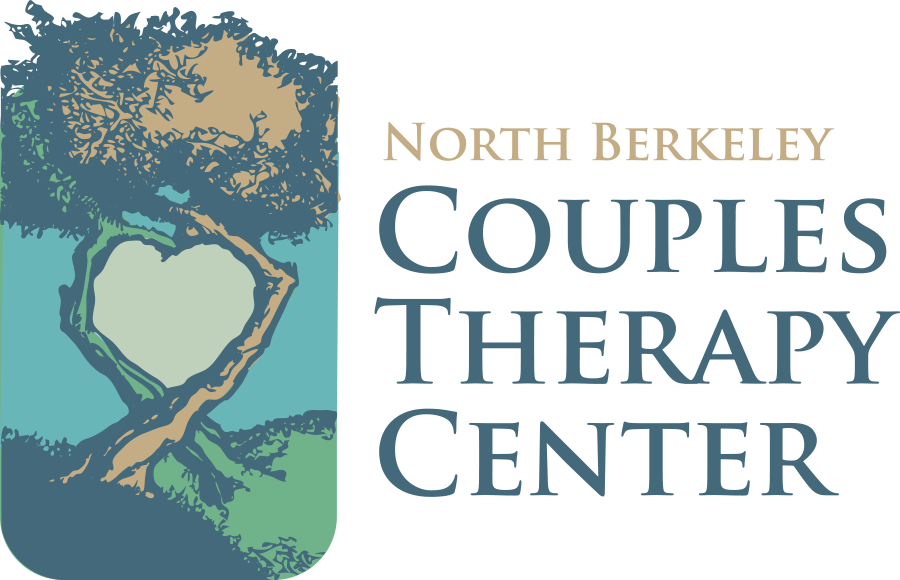San Francisco Bay Area Sex Therapy & Relationship Experts Speak on how to create secure-functioning within open-relationships & other nontraditional relationship configurations.
San Francisco East Bay LGBTQ+ Queer Couples Counseling & Sex Therapy. We celebrate diversity and all of our clinicians are LGBTQ+ sensitive and/or identify as such. We support sexual and gender diversity, kink, poly, and other non-traditional relationship configurations. We believe in creating a safe and confidential therapeutic space without judgement or lack of cultural needs.
San Francisco Bay Area Relationship & Sex Therapy
Our relationship counselors & sex therapists understand the unique needs and issues for nontraditional partner configurations and non-monogamous individuals and partners. We are LGBTQ, Kink, Poly and trauma informed and are specifically trained to help cultivate deeper, intimate and more satisfying partnerships from a shame-free and empowerment paradigm.
Non-monogamy, open relationships, multi-partner relationships or polyamorous partnerships have unique needs for relationship and sex therapy.
When previously monogamous couples mutually realize that having one sexual partner doesn’t work for either of them, they may consciously decide to explore open relationships. This requires advanced levels of emotional and relational intelligence, awareness, communication skills and trust. Our highly trained and specialized San Francisco Bay Area Relationship and Sex Therapists can assists you and your partner(s) in navigating relationship boundaries, identifying needs and fantasies and help you process feelings of insecurity, jealously, fear, excitement, curiosity and desire. We will assist you in co-creating a relationship contract or explicitly stated and mutually understood agreement that works for all partners while maintaining secure attachment (emotional safety and trust in knowing your partner(s) is there for you.
However, this non-traditional relationship approach may bring with it many unanticipated fears, needs and feelings. This is especially true when one or more partners have attachment trauma from childhood (insecure attachment styles) or when one partner wants to open the relationship and the other has ambivalence or does not want to open to other partners and/or lovers. Our top-rated East Bay Attachment-Based Couples Counselors, Relationship Coaches, Certified Sex Therapists Licensed, Psychologists and Psychotherapists would love to help you explore how open relationships may flow for you and navigate any obstacles that may arise.
As with dyadic partnerships (couples), other healthy relationship configurations need to operate from a place of secure-functioning, which means the individuals feel emotionally attuned to, safe, trusted and trusting, respected and together in this adventure of a relationship and life.
Our SF East Bay Relationship Counselors and Sex Therapists are experts in facilitating partners in cultivating emotional and sexual security, deepen intimacy and develop more effective relationship skills, such as communication, identifying and expressing core feelings and needs and being in true partnership together.















